Harry Potter doors magical in British culture
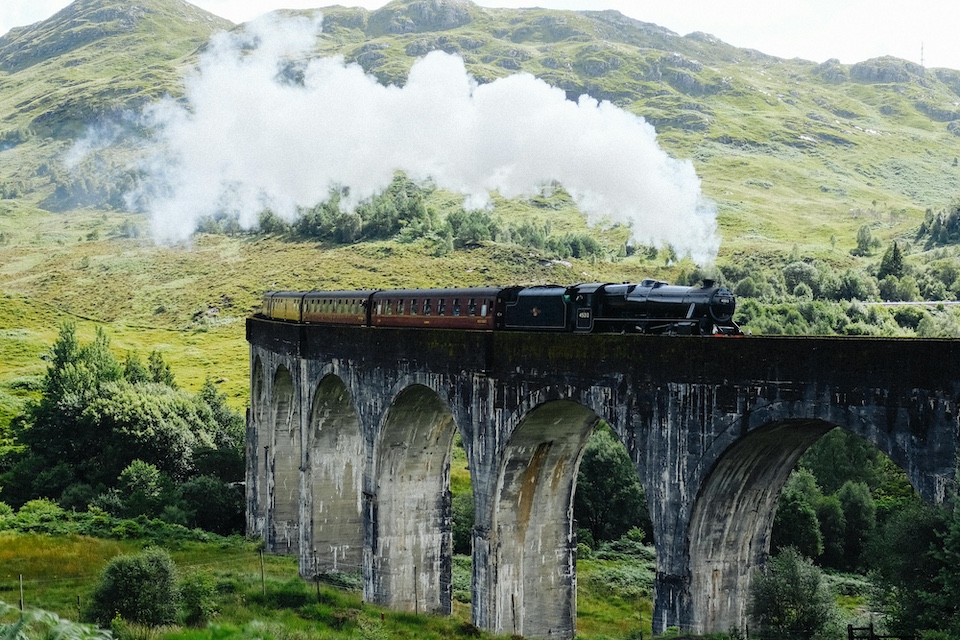
Cancellation of the Jacobite – otherwise known as the Hogwarts Express – has a deeper meaning for the British public – a body well known for its adherence to notions of nostalgia. However, the very modern age of social media has brought home the strength of feeling over the failure of West Coast Railways to overturn a critical safety ruling. The regulators say that WCR must render the doors on the Harry Potter Express as magically closed and centrally locked, and as secure as a spell approved by Hogwarts Academy. It may be surprising to learn that the incantations expressed are as incandescent as all the rage expressed by Severus Snape on a ‘got out of bed on the wrong side’ day – and the regulator is not the recipient of much of that anger.
The hugely popular summer steam train excursions through the spectacular West Highlands of Scotland have come to a shuddering halt. The operators, West Coast Railways, have failed in a challenge to the regulator’s ruling that their heritage train must comply with some very modern safety standards. A last-ditch attempt to overturn a demand that their train must incorporate central locking on all carriage doors has meant that this season’s service, due to start imminently, has been indefinitely cancelled. What may come as a surprise is that the bulk of feeling rests with the regulator, and there is little sympathy for the operator.
Historical context is far deeper than fiction
Perhaps fading memories play a part in the backlash against West Coast Railways. After all, not so many years ago, most people would find the issue of concern to be nothing more than a part of daily life. imagine a busy commuter train gliding onto the platform at a London terminal. It could be Victoria. Perhaps it’s Liverpool Street. Maybe it is even platform nine and three-quarters at King’s Cross. Before it has even come to a halt, a hundred compartment doors fly open, and a thousand bowler-hatted workers jump from the moving train, eager to rush past the beleaguered ticket collectors, hurrying on their way to offices in the City. The headgear may be different, but it’s a scene repeated every day, everywhere, from Morningside in Edinburgh to Victoria in Nottingham. Miraculously, everyone gets to work safely, lights their second unfiltered Senior Service of the morning, and gets down to their shift at the factory, the foundry, the office or even the surgery.
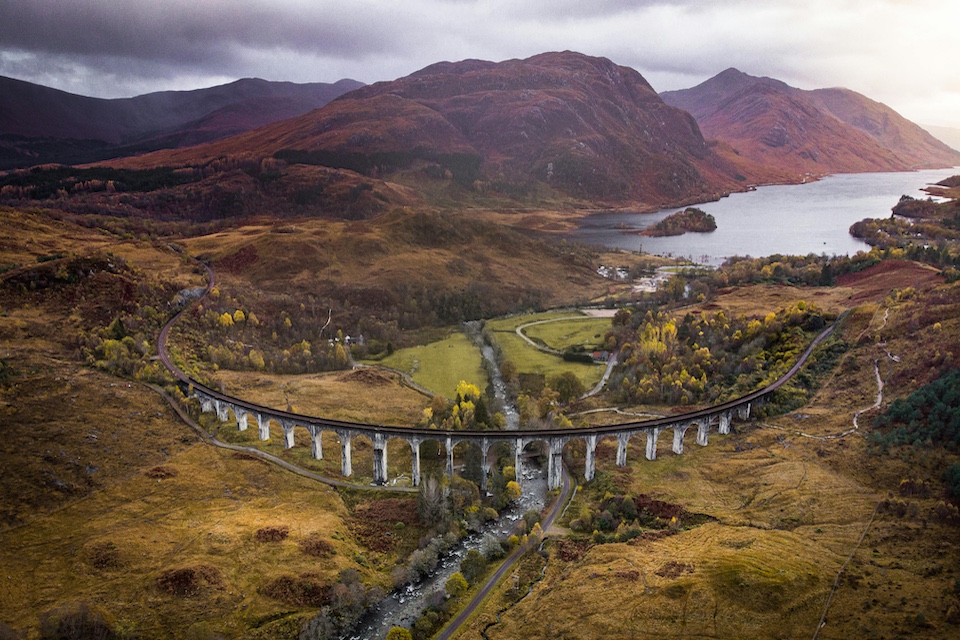
This however is 1954. It’s not just a different world. It’s a different time. Beef was still on war-time rationing. The streets of Nottingham and London (not so much Edinburgh) are punctuated by bomb sites. Anthony Eden is about to succeed Churchill and will lead Britain into a disastrous intervention in the Middle East, and France is embroiled in yet another ill-fated colonial confrontation in a far-off oriental land of which no one has heard Vietnam. Meanwhile, Britain is emerging from post-war austerity, with the mines producing like never before, providing fuel for the power stations that energise those commuter trains, and the coal for the mighty engines that still spit fire and steam down the main lines of this industrialised empire. The new Queen was suitably impressed.
A reality even greater than fantasy
This is the world West Coast Railways conjures up. It is well known for operating a selection of historic charters around the British railway network. However, by far the best known is their iconic steam excursion, The Jacobite. This steam train leaves every day from late March to late October, travelling over the otherwise lightly used Fort William to Mallaig line in the West Highlands of Scotland. The journey covers some of the best scenery Britain has to offer and delves into Scottish history like no other journey. The route crosses the iconic Glenfinnan Viaduct and permits a unique viewing of the monument on the loch shore below. It’s here where the “Jacobite” Prince Charles Edward Stewart landed in 1745 and raised his standard to, in effect, start an ultimately unsuccessful rebellion to overthrow the British monarchy. Even loftier ambitions than the boy wizard.
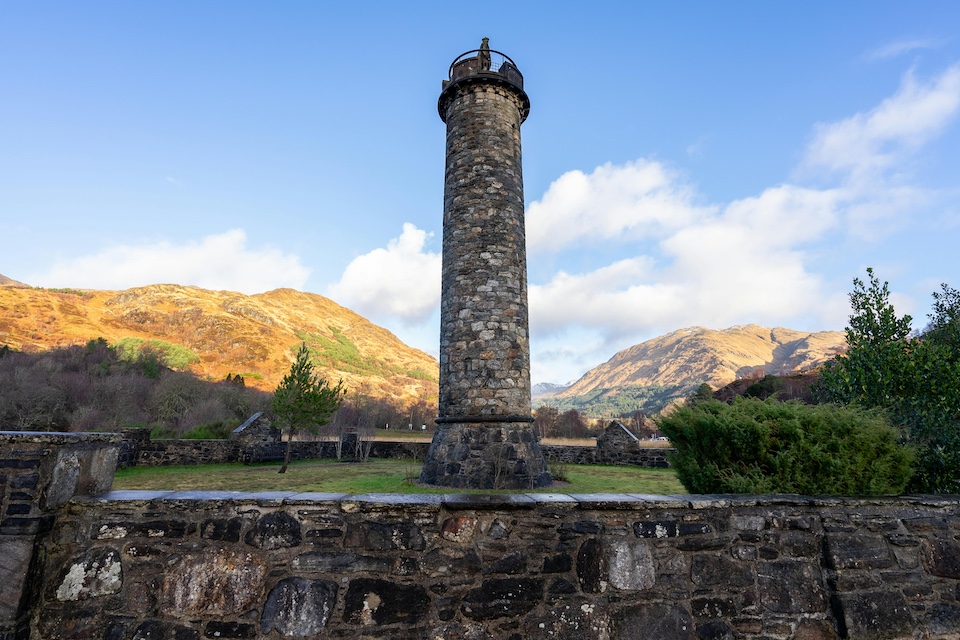
The Jacobite Rebellion marked the last insurrection in Great Britain and culminated in the last pitched battle on British soil – at Culloden Moor near Inverness, the site of which can also be viewed from an equally impressive viaduct. However, that uniquely important association with history has been significantly usurped by the fantasy of Harry Potter. The bespectacled boy wizard (as young as the factual pretender to the throne), of course, found his way to Wizard School on the Hogwarts Express. His fictional journey was immortalised in the film adaptation of the story, by The Jacobite crossing the Glenfinnan Viaduct. Regular travellers may use the ScotRail service, or even the Caledonian Sleeper which reaches as far as Fort William. However, the magic is surely by steam train.
Regal rebellion re-enacted by recalcitrant railway
The daily re-enactment of that evocative Harry Potter journey will however not be taking place this year unless some wizardry can be evoked. West Coast Railways has failed to gain a further exemption to a long-standing requirement that trains in the UK, even those of 1950s vintage, incorporate a twenty-first-century safety requirement of a central locking system. In other words, scenes of the fifties, with passengers over-eager to decamp their trains, cannot be repeated in the 2020s. The Office of Rail and Road, the regulator in the UK, has for over a decade said that railway operations on the British network cannot feature passenger trains that are not equipped with central locking on carriage doors.
Most other heritage operators have complied with this requirement. However, West Coast Railways has sought several exceptions and exemptions, even in the face of a final ultimatum from the ORR. Now, a legal challenge has failed. That has meant the cancellation of Jacobite operations for the foreseeable future. a long list of angry customers, already booked for the highly popular return trip, have taken to social media to incant their curses on the operator. Even if unlikely rumours of a rake of coaches being secretly prepared to comply with the operating conditions were true, it seems that it would take a public relations charm of magical proportions to reverse the reputational harm to West Coast Railways.
Nostalgia is not what it used to be
Despite the popularity of a trip back into the past experiments of British life, there seems little to celebrate from a time of grinding drudgery, growing international tension and polluted, grimy landscapes (although the West Highlands of Scotland could hardly be described as the latter). If only we could distill the very best of those very worst of times, and escape from the Dickensian reality to utopian sunlit uplands. If only we could take that which we cherish from the nineteen-fifties, and transplant them to the twenty-twenties.
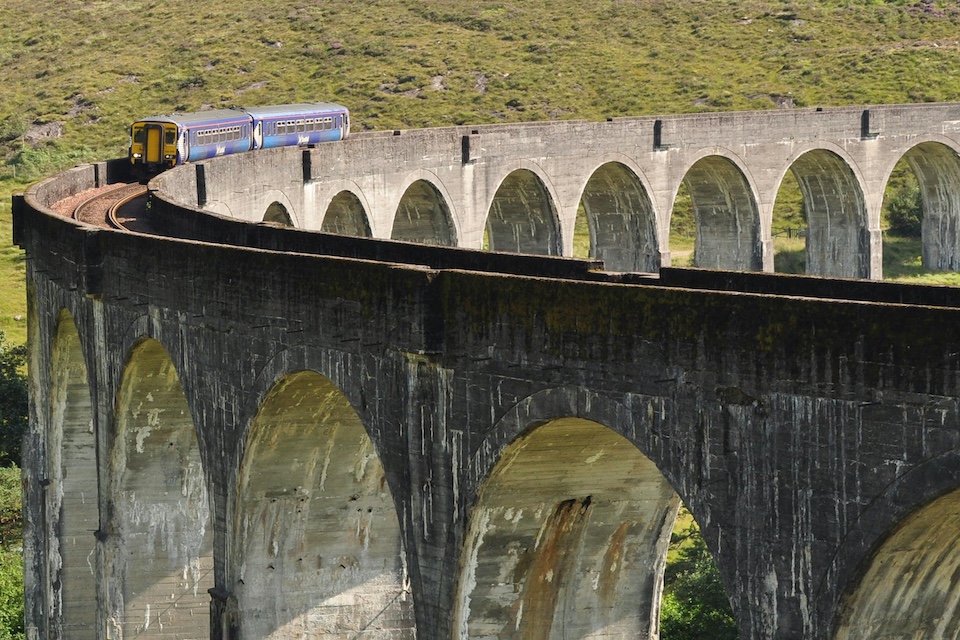
In Britain, through the magic of heritage trains – we can. If anyone wondered why there is enduring affection for steam train Britain, they need only put in context all the joy that seeing a steam train brought to the otherwise dire life of austerity Britain. it was the epitome of a gleeful escape, an opportunity to jump forward to something new and exciting. With a huge smile, it felt as if you could actually leap from a moving train…
Safety first, wizardry second
Except of course, you could not. Nostalgia has its limits. There is no magical world where everything is joyous, and everything is harmless, and jumping from a moving train is sensible and safe. Those thousands of commuters, decamping on the run from smoke-filled compartments, were subject to an untold litany of grazes, cuts, sprains and broken bones. Many more cautious commuters were forced from the safety of the carriage by the sheer weight of numbers, only to fall, headlong, onto an unforgiving concrete platform. A lost legacy of dignity and belongings, replaced by ignominy and injury.
The bottom line of public opinion is that West Coast Railways has been pilloried for its principled position on using heritage rolling stock in its heritage condition, and safety first has overruled rose-tinted escapism. In so many ways, the world has moved on from rationed food, unrestricted smoking, British Empire attitudes and, without implausibly conflating the two together, carriage doors that passengers can freely open while trains are in motion. For these reasons, Harry Potter and Prince Charlie will have to wait for the next train.
Further reading:


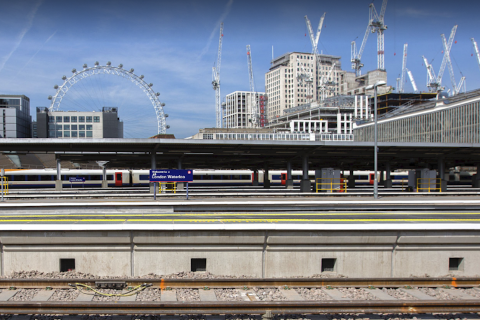


Instead of changing the locking, I suggest that suitably trained volunteer “Safety Stewards” with tip-up seats be at each slam-door exit vestibule, and that such stewards would, in return, have a free ticket for such journeys.
I am sure that there would be a queue for such positions.
The public passengers would be forewarned that they would not be allowed to operate exit doors.
RogerW